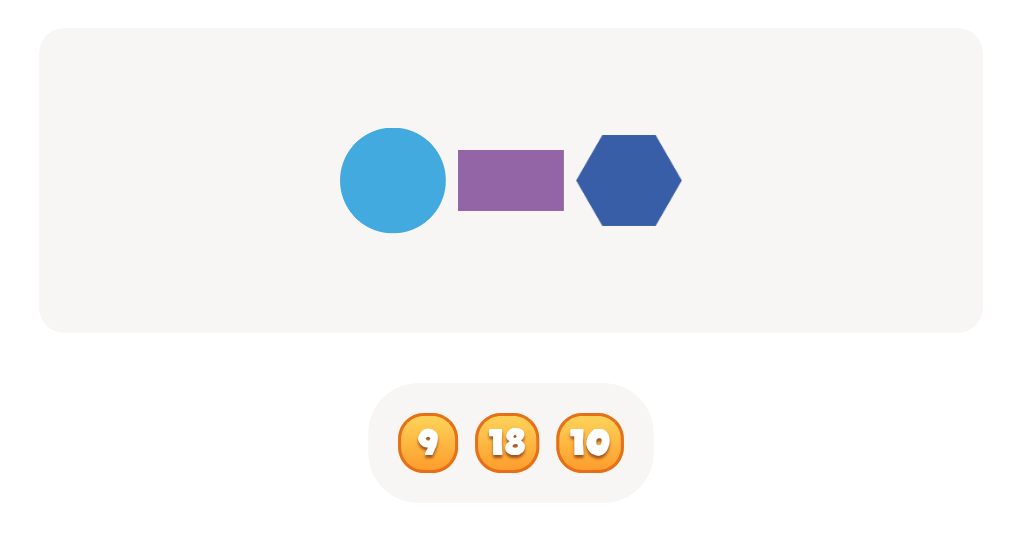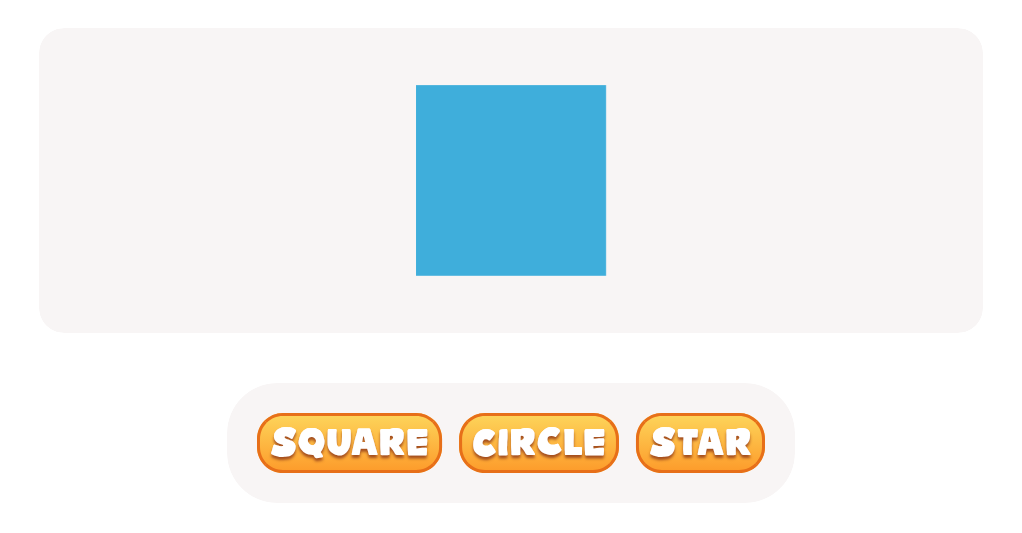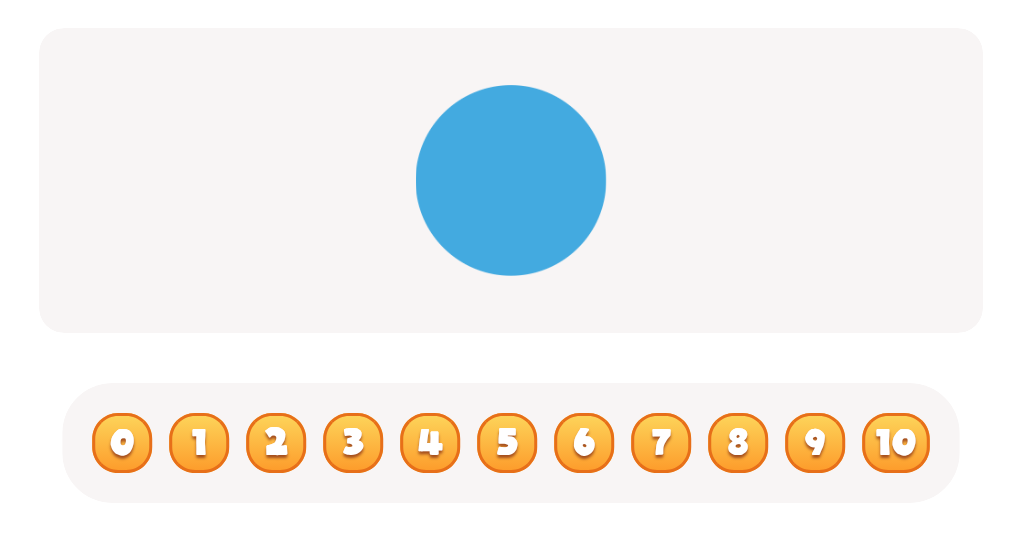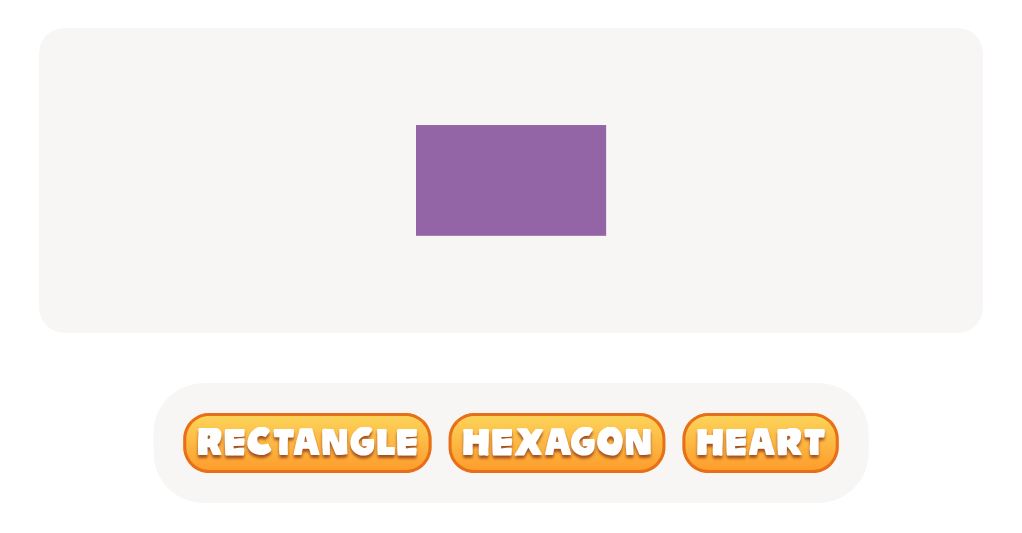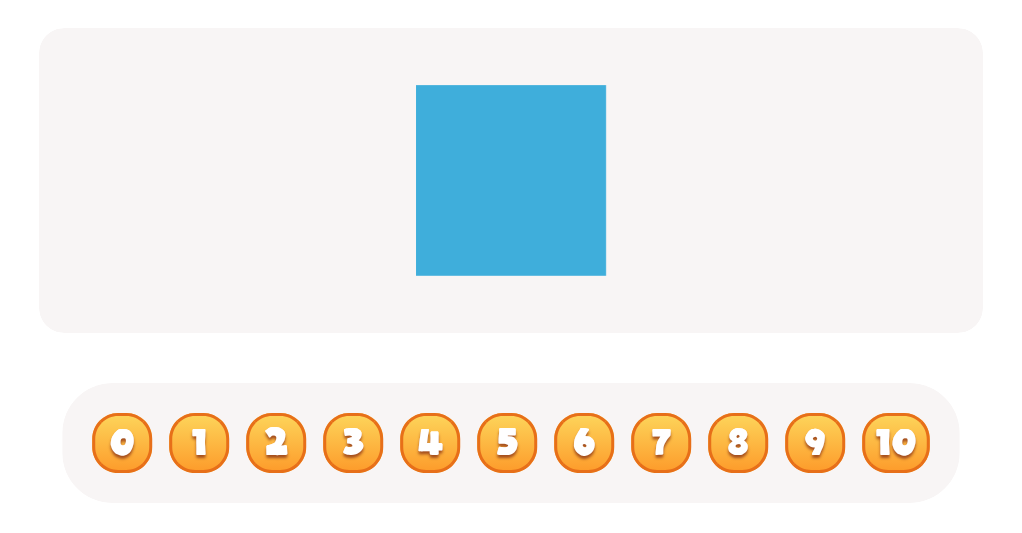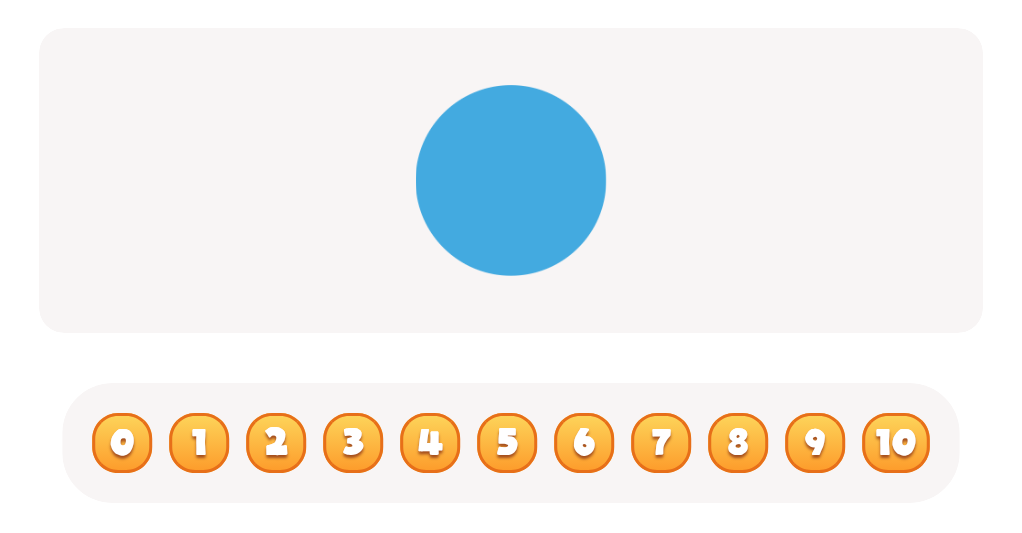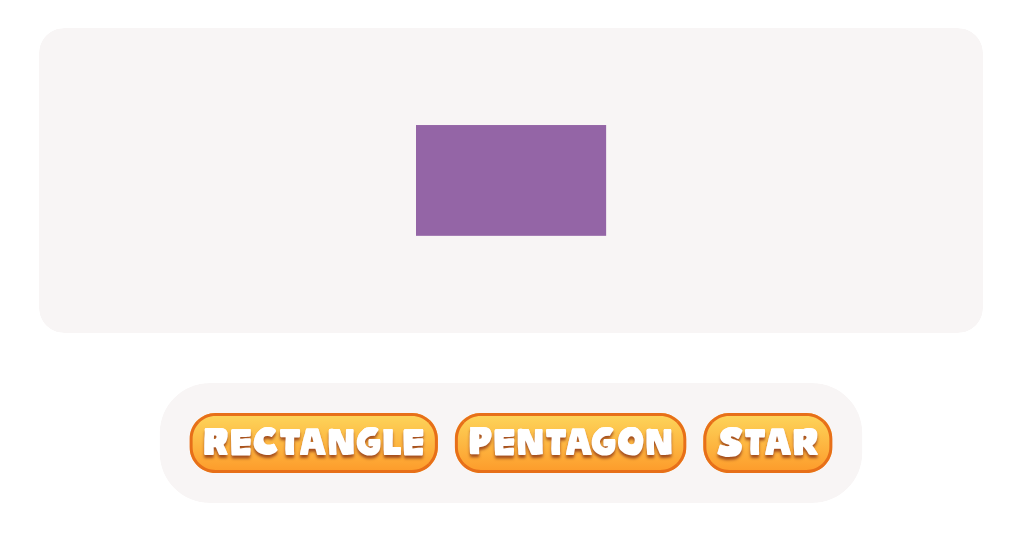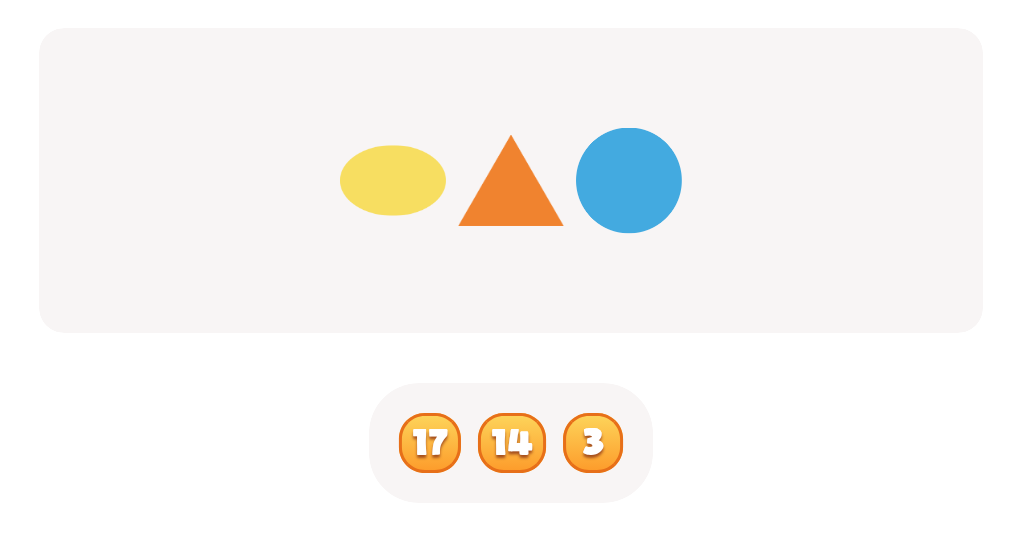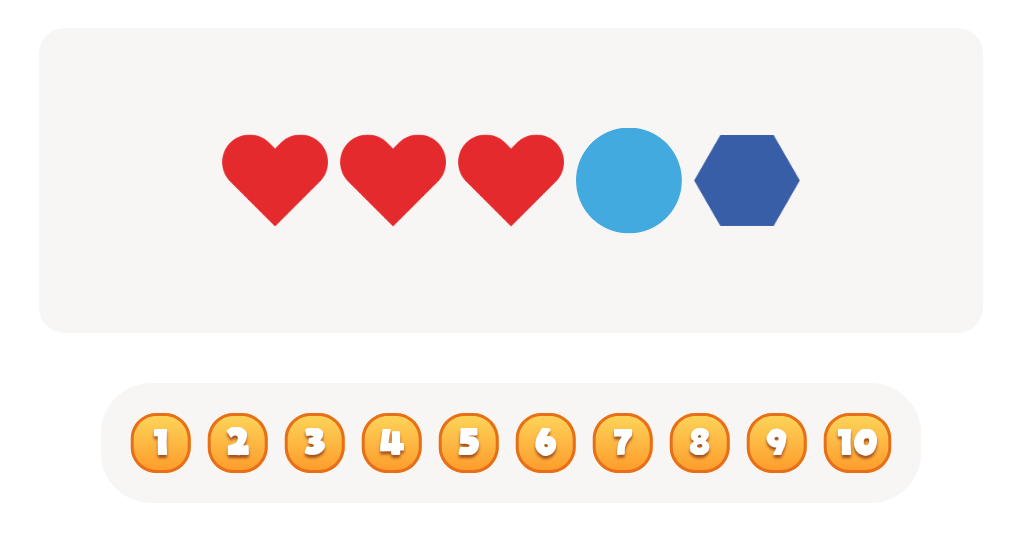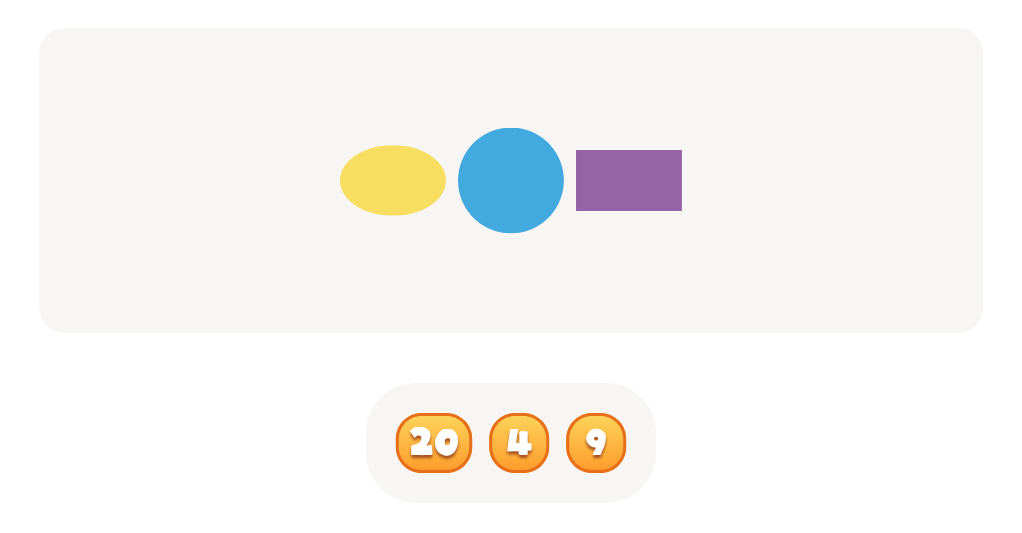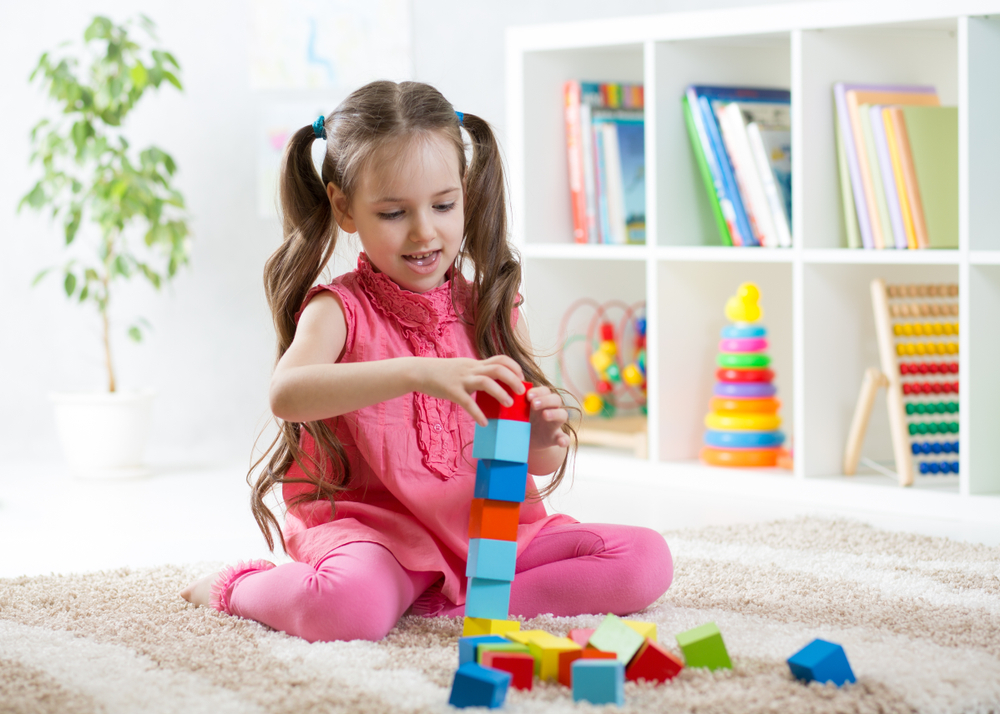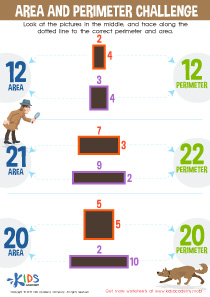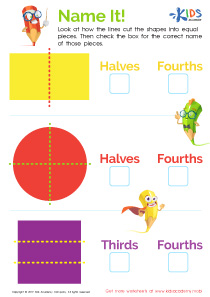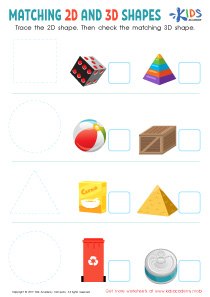Problem-Solving Skills 2D Shapes Worksheets for Ages 3-6
7 filtered results
-
From - To
Enhance your child's problem-solving skills with our engaging 2D shapes worksheets designed for ages 3-6. These colorful and interactive resources will help young learners identify, sort, and manipulate various 2D shapes, fostering both critical thinking and creativity. With fun activities aligned to early childhood learning standards, our worksheets motivate children to explore geometrical concepts while developing essential problem-solving techniques. From matching shapes to completing puzzles, each activity encourages hands-on learning and exploration. Perfect for home or classroom use, our Problem-Solving Skills worksheets will inspire confidence and curiosity in your little ones as they embark on their math journey.
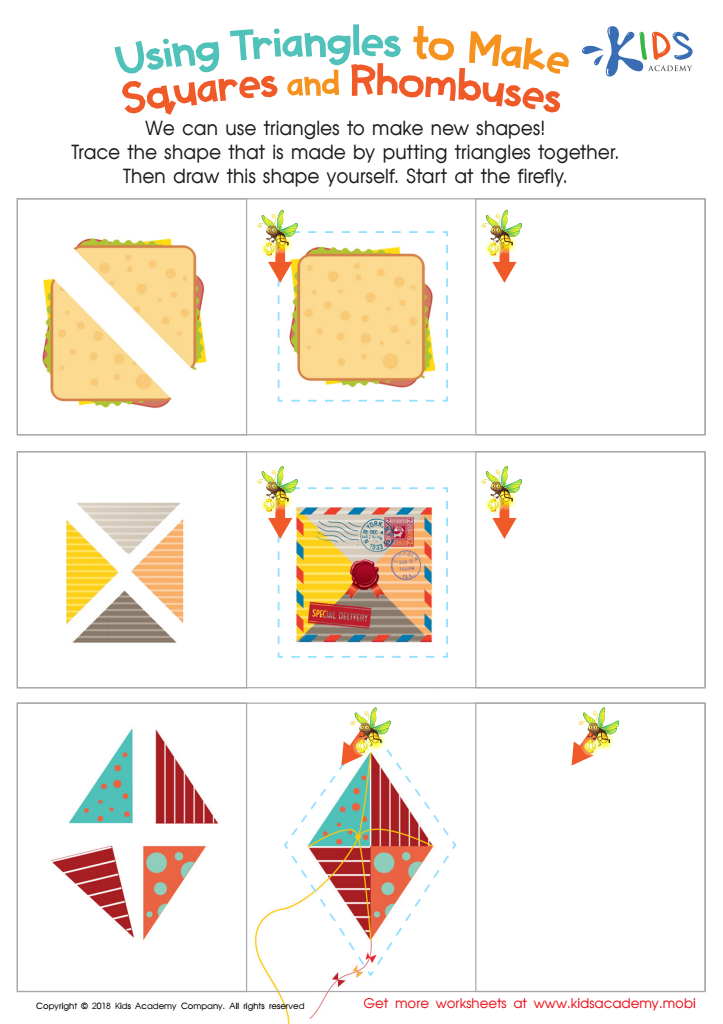

Using Triangles to Make Squares and Rhombuses Worksheet


Make the Same Pattern Worksheet
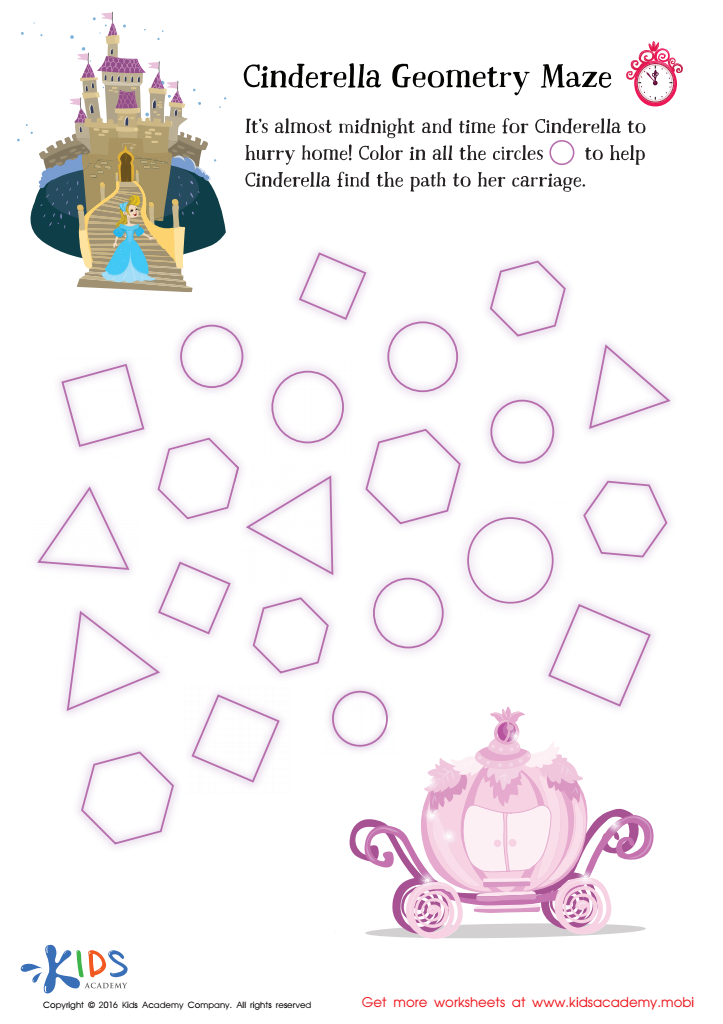

Cinderella Geometry Maze Worksheet
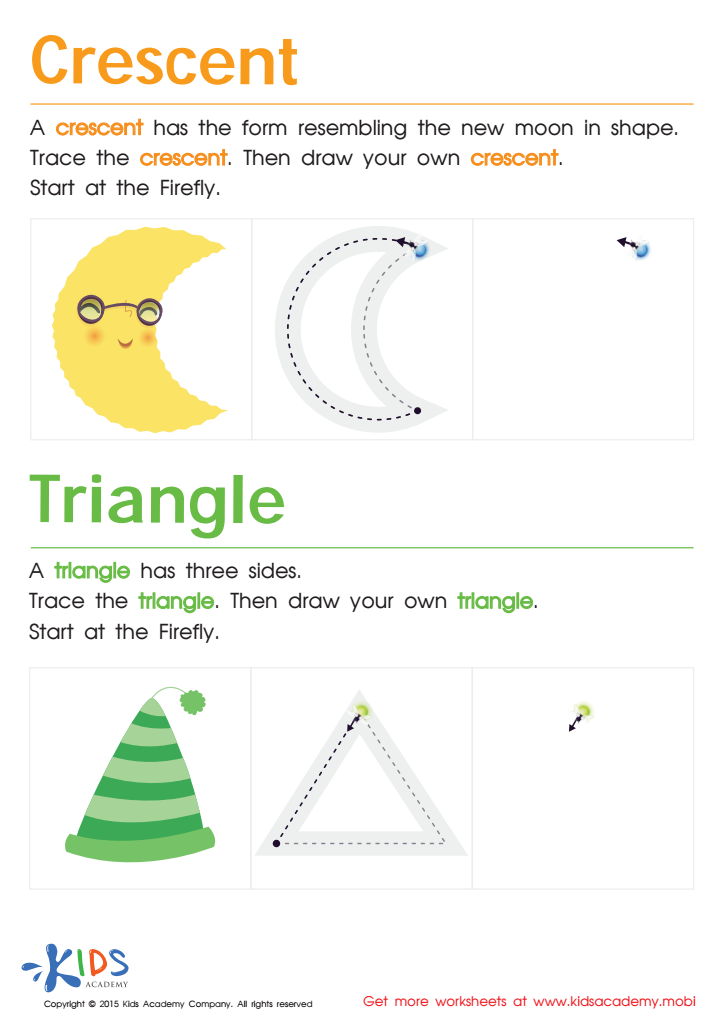

Learning to Draw Crescents And Triangles Worksheet
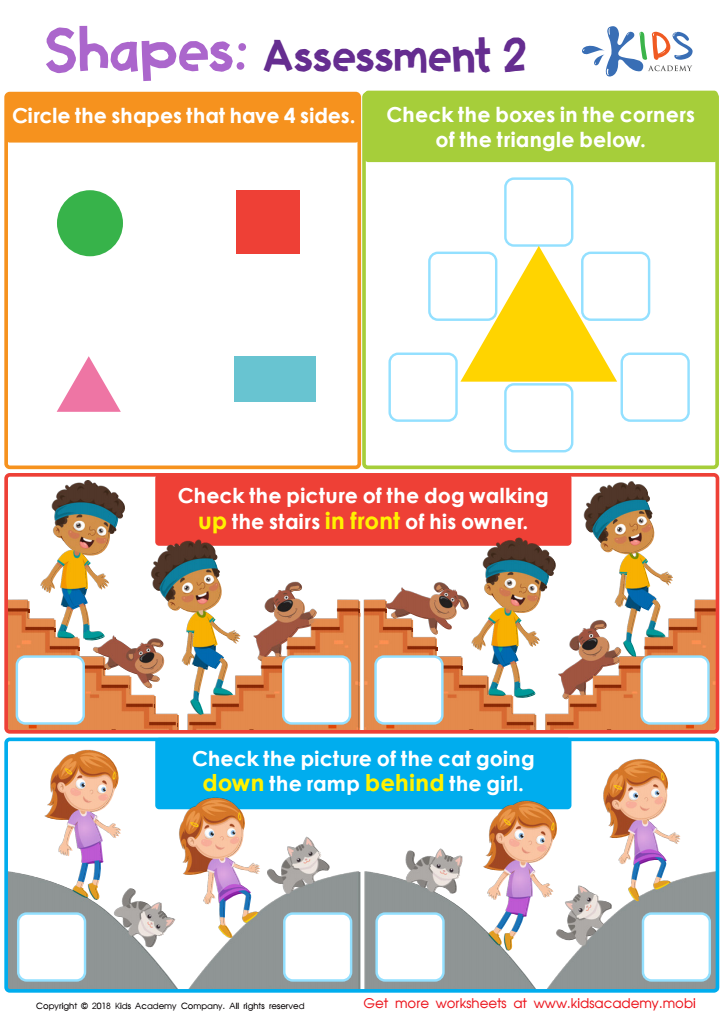

Shapes: Assessment 2 Worksheet
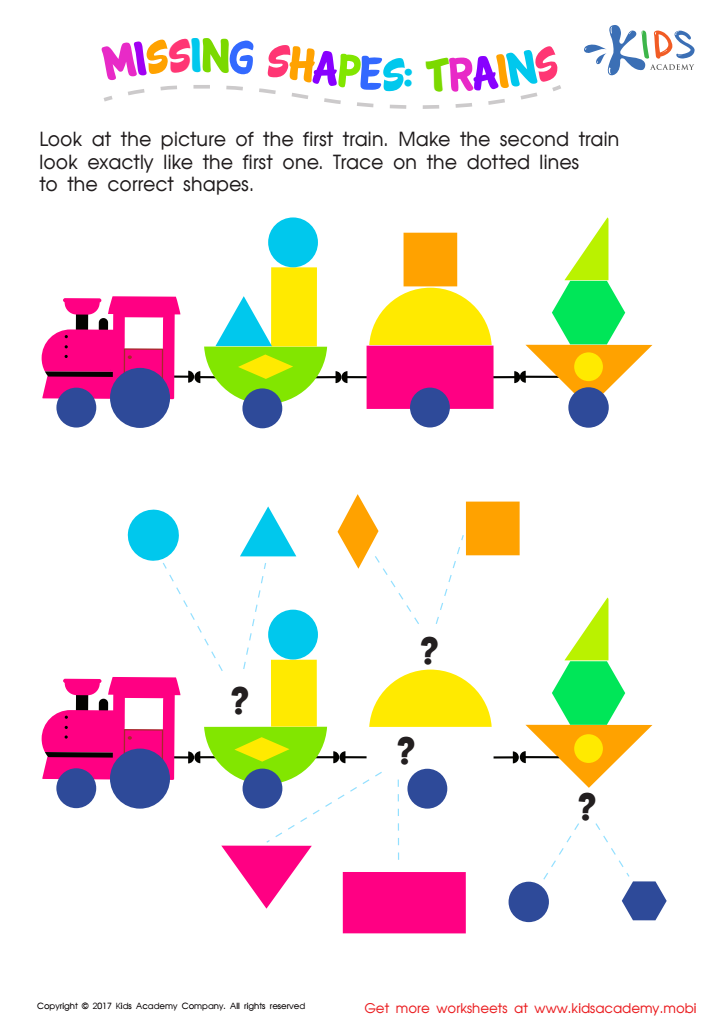

Missing Shapes: Trains Worksheet
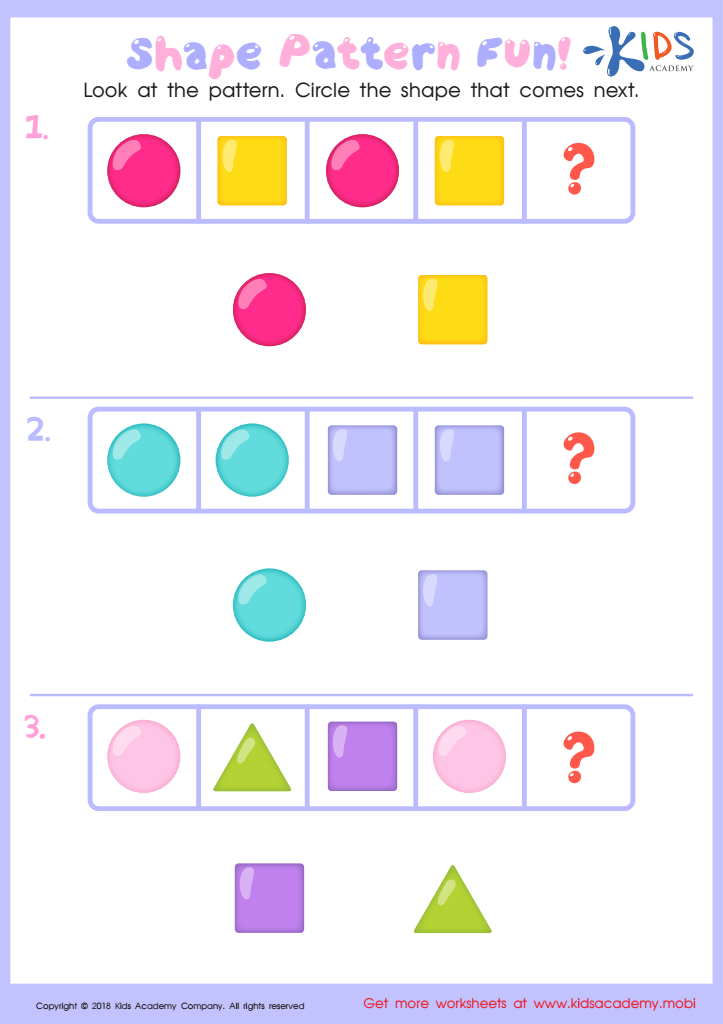

Shape Pattern Fun Worksheet
Problem-solving skills related to 2D shapes are crucial for children aged 3-6 as they form the foundation for future learning in mathematics and critical thinking. At this age, children are naturally curious and keen to explore the world around them. Introducing them to 2D shapes helps them develop visual-spatial reasoning, an essential skill for navigating their environment and engaging in creative activities like drawing and building.
As children learn to identify, sort, and manipulate shapes, they enhance their cognitive abilities. Problem-solving with shapes encourages them to analyze situations, make decisions, and work through challenges—skills that are transferable to various aspects of life. These activities foster perseverance as children learn to tackle challenges independently or collaboratively in a group setting.
Moreover, teaching 2D shapes also promotes language development as children describe their observations and communicate ideas. Incorporating problem-solving skills related to shapes into daily learning experiences lays the groundwork for mathematical concepts they'll encounter later, such as geometry and measurement.
In essence, by prioritizing problem-solving skills with 2D shapes in early education, parents and teachers equip children with essential tools that support their overall development, setting them up for success in both academic and everyday contexts.
 Assign to My Students
Assign to My Students
